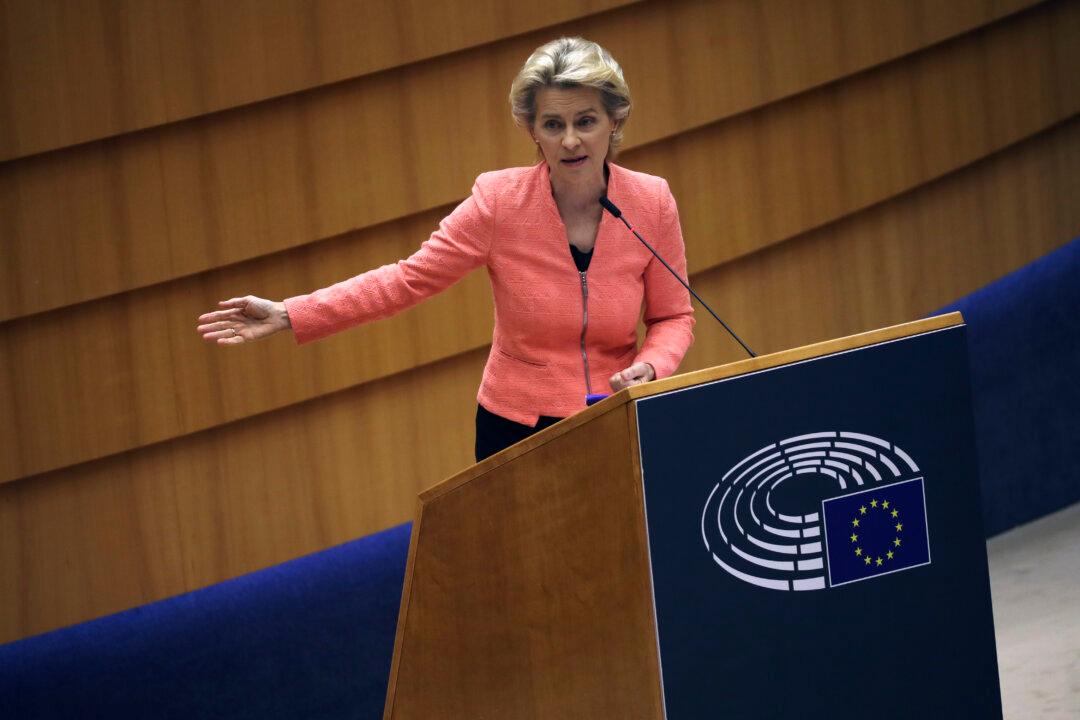The United Kingdom cannot unilaterally change the EU–UK bilateral withdrawal agreement without destroying global trust in the country, European Commission President Ursula von der Leyen said on Wednesday.
Insisting that chances for a future trade deal are slipping away by the day, von der Leyen told the European Union’s legislature that plans by British Prime Minister Boris Johnson to renege on parts of the withdrawal agreement signed by both of them dimmed those hopes even further.




